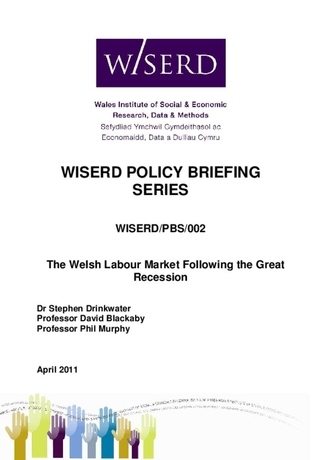Mae'r cynnwys hwn ar gael yn Saesneg yn unig.
Overview
Existing quantitative evidence points to differences between Welsh speakers and non-Welsh speakers in terms of labour market outcomes, however little is known about the precise mechanisms underlying such differences. A range of factors were identified which may contribute to this including educational attainment (Welsh medium schools), bilingual employment policies (e.g. as a result of the Welsh Language Act) and economic restructuring (e.g. increased importance of the media/cultural industries and the service sector more generally). The promotion of Welsh (e.g. by the Welsh Language Board) is often marketed highlighting the perceived economic or employment advantages of being bilingual.
The recent WISERD localities stakeholder interviews contain data on the valuation of Welsh speakers and these can be related to different employment sectors. The interviews also suggest the importance of education and social class in why some Welsh speakers may not feel confident using Welsh in the workplace. By using a combination of quantitative and qualitative data the aim of this project was to unpack the explanations for differences in labour market outcomes to a far greater extent than has been possible with previous quantitative or qualitative studies.
The project combined examination of quantitative data on the position of Welsh speakers in the labour market with analysis of qualitative data on public sector organisations via the WISERD localities stakeholder interviews. The analysis is enhanced by a small number of further in-depth interviews with a range of employers.
Research Questions
- To what extent do Welsh speakers have an advantage in the labour market over non-Welsh speakers?
- How has this varied over time?
- What factors have driven these differences?




